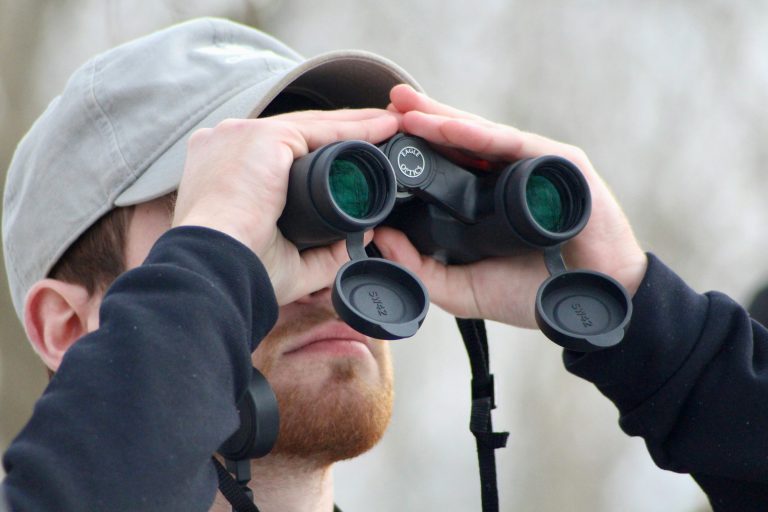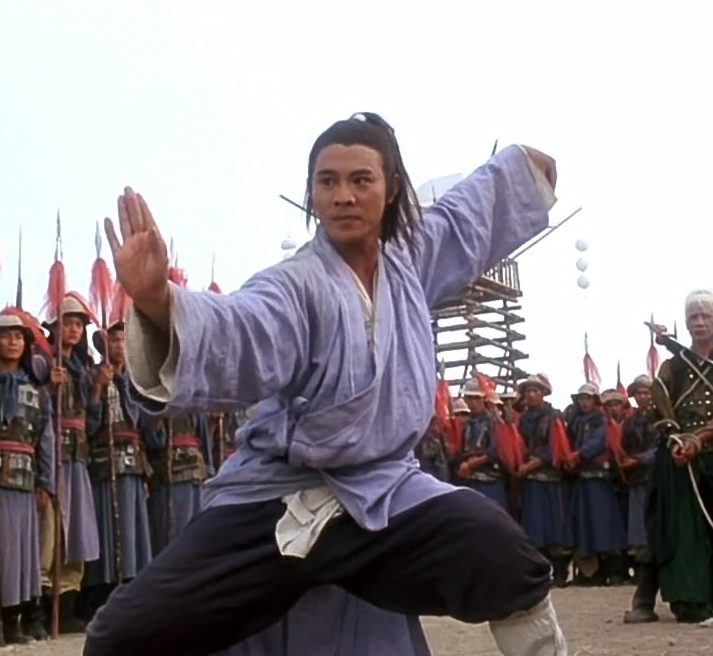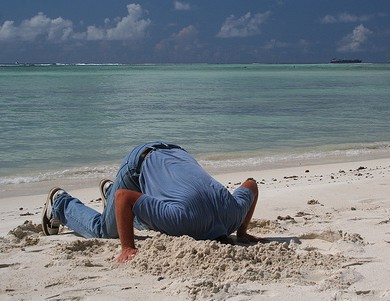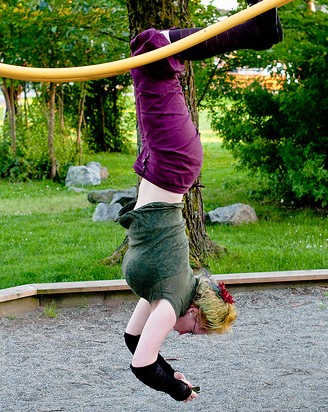5 Things I Wish I Knew Before Writing My First Novel
Today’s post is by Luke Lovelady.
Writing your first novel is without a doubt the most simple, fun, and stress-free project you will undertake.
*Cue the damaged writers laughing in the background*
Okay, while it might not be any of those things, there is truly poetic beauty that comes with grappling with the daunting task of writing your first novel.
The feeling of holding a written piece of work that you slaved months (maybe years) pouring your heart and soul into is like no other feeling in the world.
From my experience, writing my first manuscript in high school came with countless wasted hours meditating over seemingly pointless details.
If I had simply taken the time to comprehend some basic ideologies from experienced authors, I would have saved countless hours and a bit of mental stability.
So, before you get started writing, take a second to absorb this advice and save yourself endless hours of wrestling with your thoughts.
5 Things That I Wish I Knew Before I Started Writing
1. If you do not start, you never will.
For some, it might be a bucket list checkmark and for others a lifelong goal, but for most, it ends up never happening. I spent six months gripped with fear and paralyzed by imposter syndrome before I wrote a single word. The part that haunts me to this day is that once I finally decided to start, things started to flow and I was a couple of chapters in before I knew it.
Whether you are struggling with imposter syndrome, not sure what to write, or have the good old-fashion procrastination bug, if you don’t start today, you’ll look up ten years later and be in the same position. With a blank page wishing you would have taken the leap and ventured into the rewarding world of writing.
2. The first piece you write won’t be great.
Think about a sport or job that you do extremely well. Now think back to the time when you first attempted that job or sport. If you are like me, you are probably imagining how horrible you were when your first started and how much you have developed since starting.
Well, your writing journey is no different. Your first novel or book (while an incredible accomplishment) likely won’t be out of this world or a best-selling edition. And that’s okay. As with all great accomplishments, you cannot improve unless you have a baseline to work from. Your first time hitting a baseball, driving a car, riding a bike, or, heck, even walking, likely wasn’t glamorous. But you learned from your mistakes and worked to improve.
3. A daily word count matters.
One of the best pieces of advice I have ever received was to set a daily word count goal. And stick with it. Not only does this challenge your itch to procrastinate, it also sets a clear guideline that, if followed, allows you to stay consistent and not be overwhelmed.
Think about the finished book as if it were a giant apple, and I mean giant. How are you going to start eating it? Surely not all at once. You are going to take a bite after a bite. Slowly but surely you will nibble away at the giant apple (novel) until it’s finished.
So, spend the first week of writing naturally, and at the end of your writing session see how many words you wrote. After a week you can get an average word count estimate and use that as your baseline.
4. Develop a rough framework storyline before starting.
The worst thing you can do as a new writer is blindly open a blank document and try to figure out your entire story on the fly. While this might work for some veteran writers, it’s not likely to work for you.
At the bare minimum, identify your genre, plot, main characters, and your targeted audience age. Think of this as a leash guiding you throughout your own story. It’s there to make sure you stay on the path and have someone to lead you to where you need to go. Even if that someone is you.
5. Every writer has self-doubt.
Writing is a nuanced and often solitary craft, one that can stir up a range of emotions in even the most experienced wordsmiths. It’s no surprise, then, that self-doubt is a familiar foe to many writers.
This unwelcome intruder can manifest in a variety of ways, from second-guessing the quality of one’s writing to feeling unsure about one’s ability to convey a particular message. Nevertheless, it’s essential to recognize that self-doubt is a universal experience among writers and one that can ultimately lead to greater self-awareness and growth.
If writing a novel was easy everyone would have a book published in their name.
Only the daring few who step out into the unknown get the privilege to bear the title of author, and it’s there for you to grab.
 Luke Lovelady is the author of the novel The Field That Kills and has been featured in Authority Magazine and CEOblognation. Visit his website for the best tips on getting started as a novice writer. You can connect with Luke on LinkedIn to follow his journey. If you’re looking for great writing tips for beginners, be sure to check out his blog.
Luke Lovelady is the author of the novel The Field That Kills and has been featured in Authority Magazine and CEOblognation. Visit his website for the best tips on getting started as a novice writer. You can connect with Luke on LinkedIn to follow his journey. If you’re looking for great writing tips for beginners, be sure to check out his blog.












This is nice little list and normally I would be saying here how glad that I followed it or something similar or indeed how I WISH I had followed a list like this.
In my case I had always planned to write a novel but never got around to it. I worked long hours and just didn’t have the time. Then I decided to leave my job and was lucky enough to get another job two days later, but my original employer enforced a detail in my contract where I was on fully paid garden leave for six months before I could start the new job.
So, the time was upon me. I opened word on the computer and with no idea what I was going to write about I started to describe a walk in the woods I had taken the month before and just kept on writing.
In three months, I had a book.
It took about a year for all the rest of the rigmarole and a good while after it was released before it started selling but that first book sold rather well, even made the bottom end of the “Sunday Times” best seller’s chart.
Now here is the weird thing. I did nothing right. I think that simply my novel was unlike the other novels around at the time. Luck more than anything else. When I reread it recently (as they were releasing a twentieth anniversary edition) my thought was “It’s not as good as I remember it”
I wonder now if I had known what I was doing would it have been as good. Or would it have been better?
We shall never know but I just wish to belabor the point that if you dont write it you will never know.
Thank you for this. I’m about to begin my first novel after years of writing (as a hobby) short stories, so I appreciate the content and inspiration!
All the links above go to marketing sites and unrelated content. It’s really disappointing. I thought this was a legitimate article. Is it out of date?
I’m not sure what links you are talking about, but the links in the article go to other posts on this blog, and his links go to his choice of sites that he’s involved with. The date on the post is the pub date.